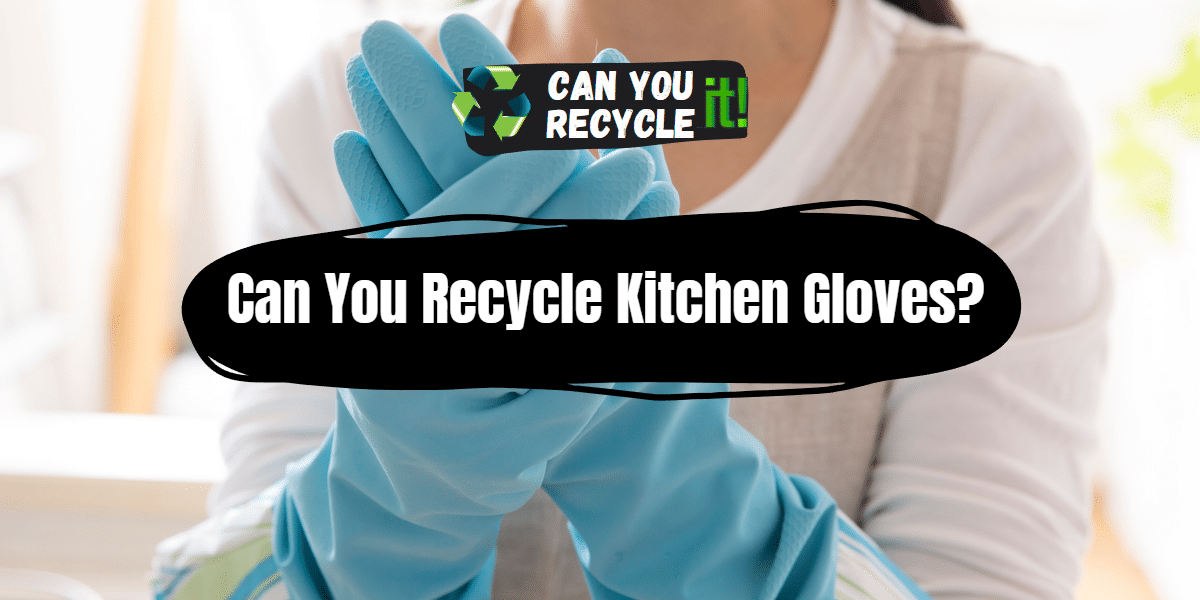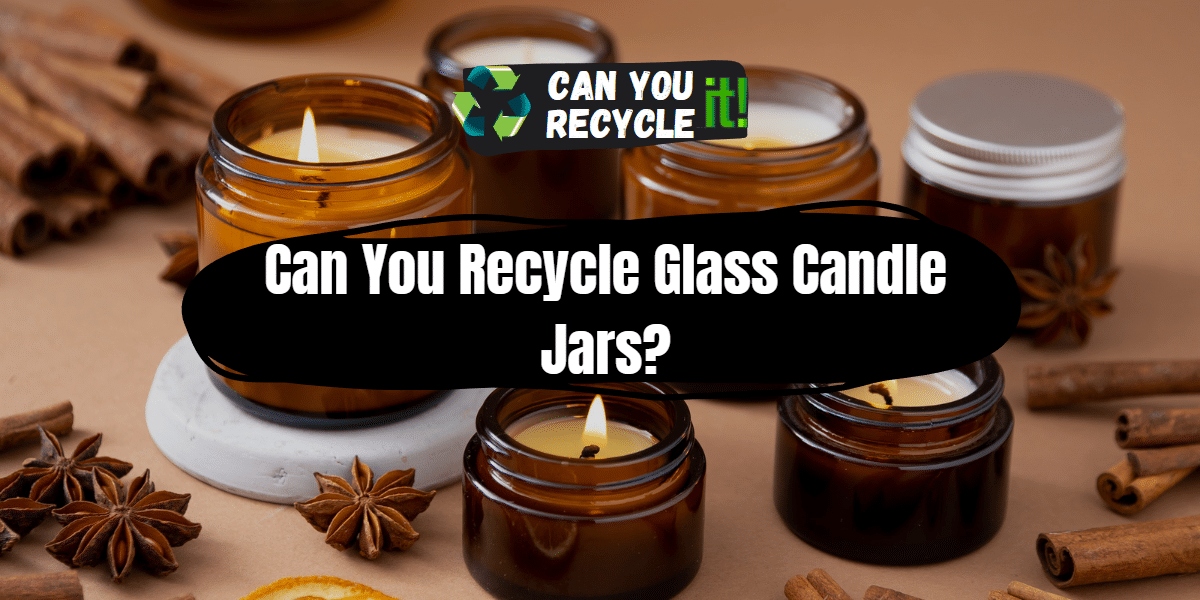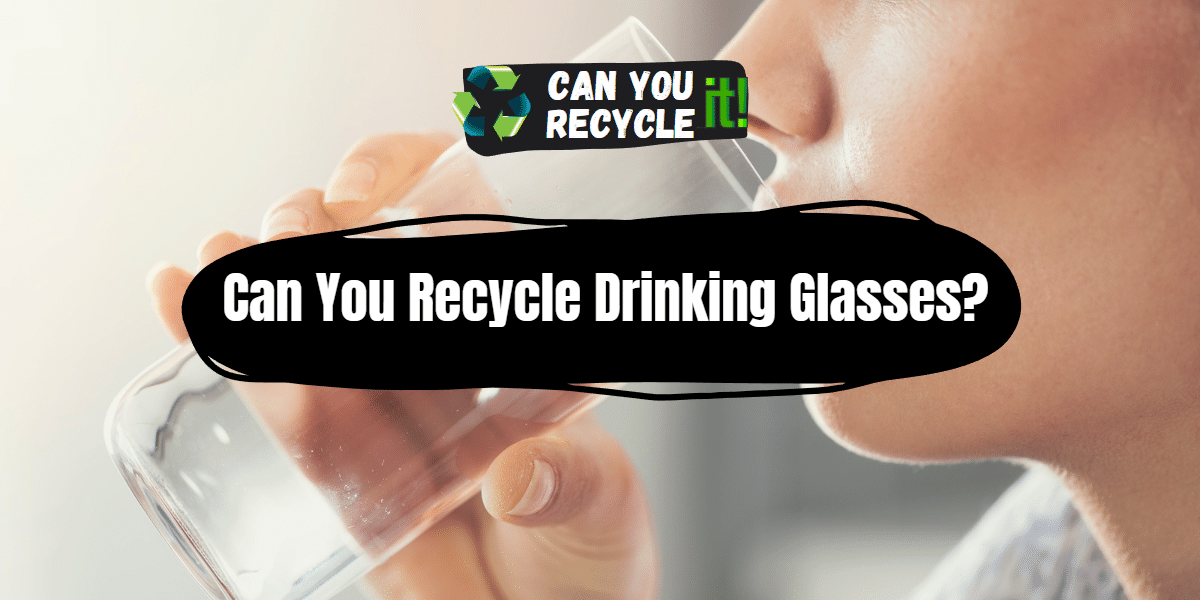No, most kitchen gloves cannot be recycled through traditional recycling channels. However, there are alternative ways to minimize their environmental impact and dispose of them responsibly.
Kitchen gloves are essential for maintaining hygiene and protecting our hands while handling food. However, when it’s time to replace them, many wonder about the proper way to dispose of kitchen gloves. In this article, we will explore the topic of recycling kitchen gloves and provide you with a comprehensive guide to sustainable glove disposal. Whether you’re a home cook or a professional chef, this article will help you make informed decisions about the environmentally-friendly disposal of kitchen gloves.
Table of Contents
Do’s and Don’ts
Dos
- Check for Reusable Options Look for kitchen gloves that are designed to be reusable or made from sustainable materials. Investing in durable gloves that can be used multiple times reduces waste and promotes a more sustainable lifestyle.
- Reduce and Reuse Before discarding kitchen gloves, consider if they can be cleaned and reused. If the gloves are still in good condition, you can sanitize them for future use, extending their lifespan and minimizing waste.
Don’ts
- Mix with Regular Recycling Avoid putting kitchen gloves in your regular recycling bin. They can contaminate the recycling stream and hinder the recycling process.
- Flush Down the Toilet Kitchen gloves should never be flushed down the toilet. They can cause blockages in plumbing systems and contribute to environmental pollution.
- Compost or Bury While some gloves may be labeled as compostable, it is best to avoid composting or burying them in your backyard. The composting process may not effectively break down synthetic materials, leading to environmental concerns.
5 Step Guide to Recycle Kitchen Gloves
Follow these steps to responsibly dispose of kitchen gloves:
Step 1
Determine Material: Identify the material of your kitchen gloves, whether they are latex, nitrile, or another type. This information will guide you in finding appropriate disposal methods.
Step 2
Check Local Recycling Programs: Research local recycling programs or facilities that accept specific glove materials for recycling. Some specialized recycling centers may have processes in place to handle certain types of gloves.
Step 3
Contact the Manufacturer: Reach out to the manufacturer of your kitchen gloves. Inquire if they have any take-back programs or specific instructions for recycling their products.
Step 4
Explore Alternative Recycling Options: Investigate recycling initiatives or organizations that focus on recycling non-traditional materials. They may have programs or suggestions for recycling kitchen gloves.
Step 5
Proper Disposal: If recycling is not an option, dispose of kitchen gloves in accordance with local waste management guidelines. Place them in the regular trash bin, considering the environment-friendly disposal options mentioned earlier.
What to Do with Kitchen Gloves That Cannot Be Recycled
If recycling is not feasible for your kitchen gloves, consider the following alternatives:
- Upcycling: Get creative and repurpose old kitchen gloves for various household tasks. For instance, they can be used for cleaning or gardening purposes.
- Terracycle Programs: Check if specialized recycling programs, such as those offered by Terracycle, accept kitchen gloves for recycling. These programs aim to recycle hard-to-recycle items.
Environmental Impact of Recycling Kitchen Gloves
Recycling kitchen gloves has positive environmental implications:
- Reduction in Waste: By recycling gloves, we divert them from landfills, reducing the amount of waste that accumulates and minimizing environmental pollution.
- Resource Conservation: Recycling gloves helps conserve resources, such as raw materials and energy, which are required for manufacturing new gloves.
FAQs for Can You Recycle Kitchen Gloves
Can latex kitchen gloves be recycled?
Latex gloves are generally not recyclable through traditional recycling channels. However, some specialized recycling programs may accept them. It’s best to check with local recycling facilities or explore alternative recycling options.
Are there biodegradable kitchen gloves available?
Yes, there are biodegradable kitchen gloves made from materials like plant-based polymers or compostable materials. Ensure proper disposal following manufacturer guidelines or composting programs.
Conclusion and final thoughts 💭
While kitchen gloves may not be recyclable through traditional methods, there are still ways to minimize their environmental impact. By following the dos and don’ts, exploring recycling options, and considering alternative uses, we can contribute to a more sustainable approach to glove disposal. Let’s make conscious choices and strive for a greener kitchen while ensuring proper hygiene and protection. Together, we can make a difference in reducing waste and promoting a healthier planet.




Leave a Reply